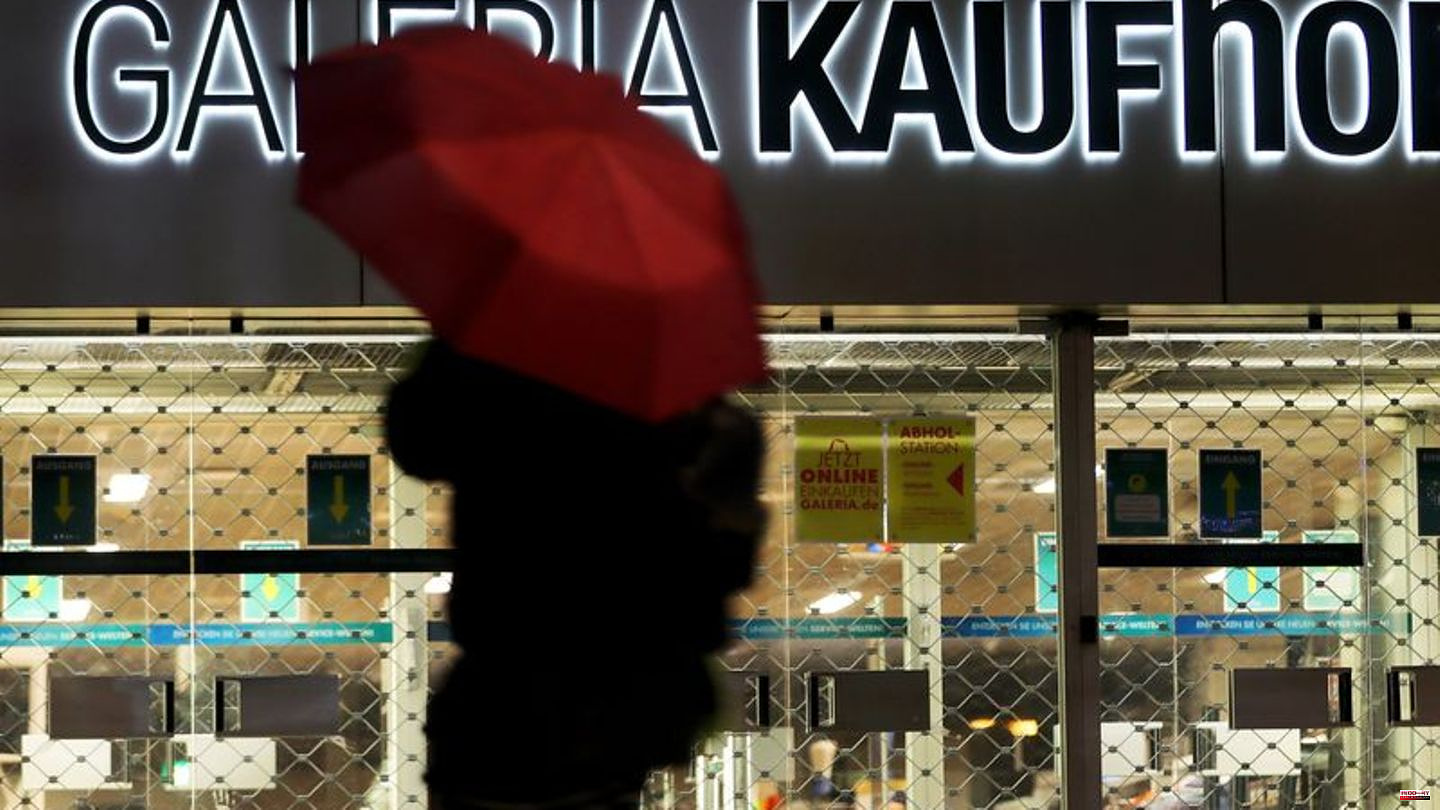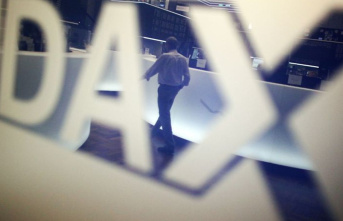Just before the important Christmas business, dark clouds are gathering over Germany's last large department store group, Galeria Karstadt Kaufhof.
Hit by the corona pandemic, the explosion in energy prices and the current reluctance to consume, commercial travel is once again in danger of running out of money. The group has therefore again submitted an application for state aid, as the German Press Agency from government circles has confirmed.
A three-digit million amount is in the room
It is the third time in almost two years that the department store group wants to resort to state aid. At the beginning of 2021 and then again at the beginning of 2022, the company asked for state support because of the effects of the corona pandemic. The Economic Stabilization Fund (WSF) helped the traditional company in two aid campaigns with a total of 680 million euros.
There was initially no information on the amount of the aid requested this time. But there is speculation in the industry that this time it will probably be in the three-digit million range. Galeria boss Miguel Müllenbach recently warned in a letter to employees that the company was "again in a threatening situation". The war in the Ukraine and high inflation set Galeria Karstadt Kaufhof back in its initially promising restructuring efforts.
"We will only be able to successfully continue on our way if we succeed in restructuring Galeria's financing and injecting new, fresh capital into the company. We are currently working at full speed on this," wrote Müllenbach.
However, it is uncertain whether the department store chain can actually hope for the saving hand of the state again. A spokeswoman for the Federal Ministry of Economics said on Friday that it was legally possible for companies that had already received help to apply again. She cannot speculate on how successful such applications are.
But the previous state aid for the group was controversial. Critics doubted the future viability of the department store business model or saw the Galeria owner, the Austrian real estate billionaire René Benko, as obliged to help the tottering giant.
"The problems are homemade"
Retail expert Jörg Funder from Worms University said on Friday: "There is little to suggest that Galeria will be successful this time with the call for state aid." The situation is very different than in the corona pandemic. At that time, trade and gastronomy were the main victims of the crisis. In the current energy crisis, the entire economy is affected. "Rescuing an ailing department store chain simply doesn't have the same priority as it did a year ago," he said.
In any case, the department store is not primarily in trouble because of the pandemic, because of the Ukraine war or because of the exploding energy prices. "The problems are homemade," said Funder. The department store is no longer attractive for customers because it has overslept the rise of online trade and offers too little shopping experience and advice.
Retail expert Gerrit Heinemann from the Niederrhein University of Applied Sciences categorically rejected further aid for Galeria: "If a company has to apply for state aid three times in a row, it shows that the store cannot be saved. The whole concept of the department store has become obsolete and it should be bury." The effects of such a step on inner cities would be overestimated. "The importance of department stores for customer flows has shrunk drastically in recent years. That's why politicians shouldn't allow themselves to be blackmailed with the threat of store closures." However, not everyone sees it that way. The General Manager of the German Retail Association (HDE), Stefan Genth, warned in view of Galeria's renewed call for help: "Department stores are and will remain one of the main traffic generators in our inner cities. Companies with such great importance for all the surrounding shops, restaurants, facilities and the whole City communities are important for our inner cities."
The German Association of Towns and Municipalities (DStGB) was also open to further state aid. "The department stores have an anchor function in many inner cities," emphasized Bernd Düsterdiek, the delegate for urban development and the environment of the DStGB. They are fundamentally important for inner-city life. Especially in view of the still noticeable effects of the corona pandemic on city centers, it is unwise to jeopardize their existence. However, the prerequisite for further state aid must be that Galeria present a sustainable concept, said Düsterdiek. "It really can't go on like this and keep pumping in more and more money."







